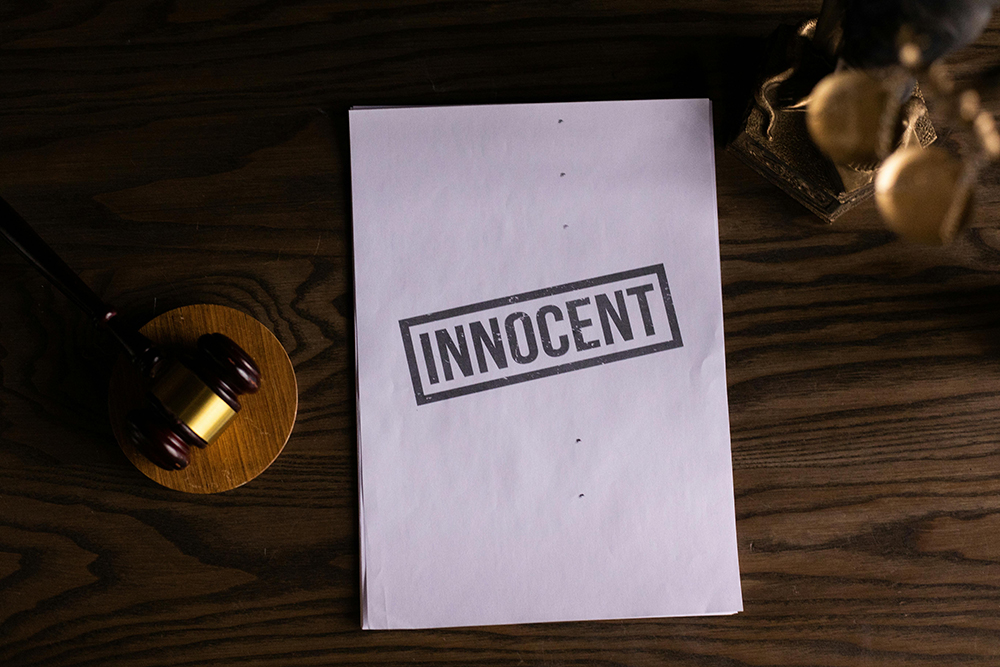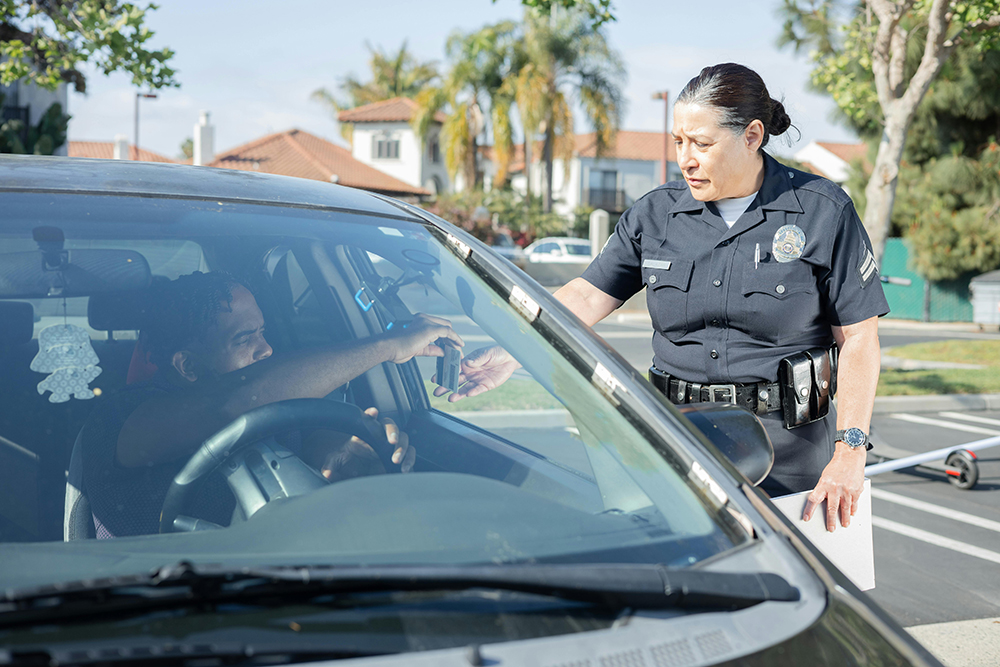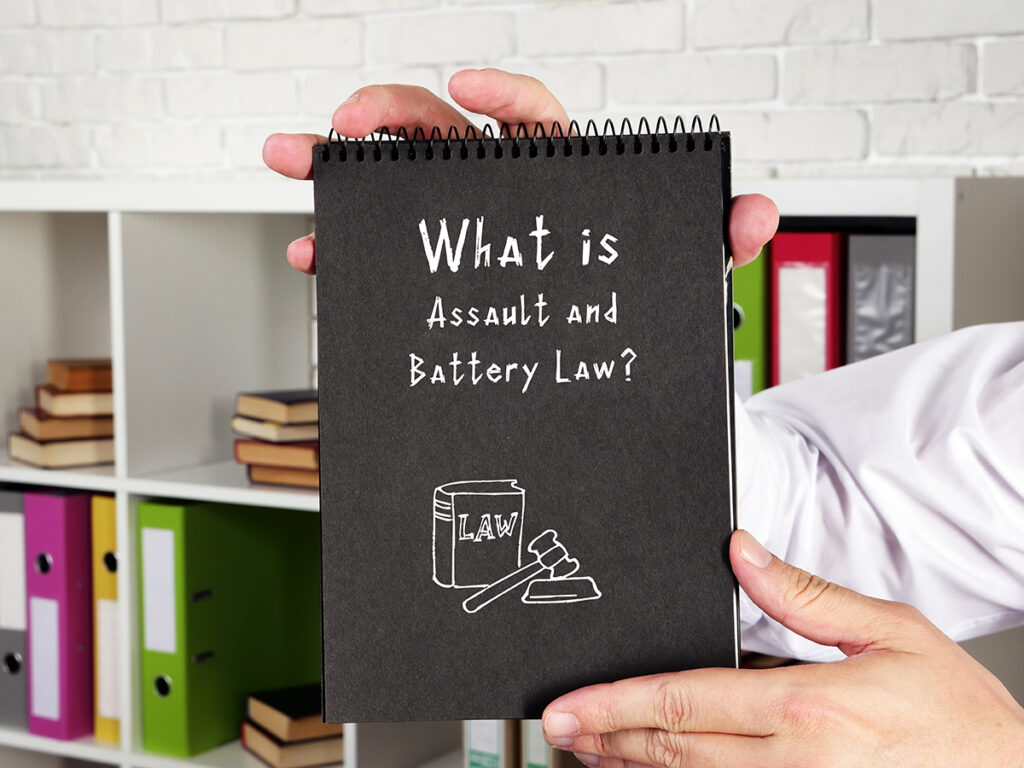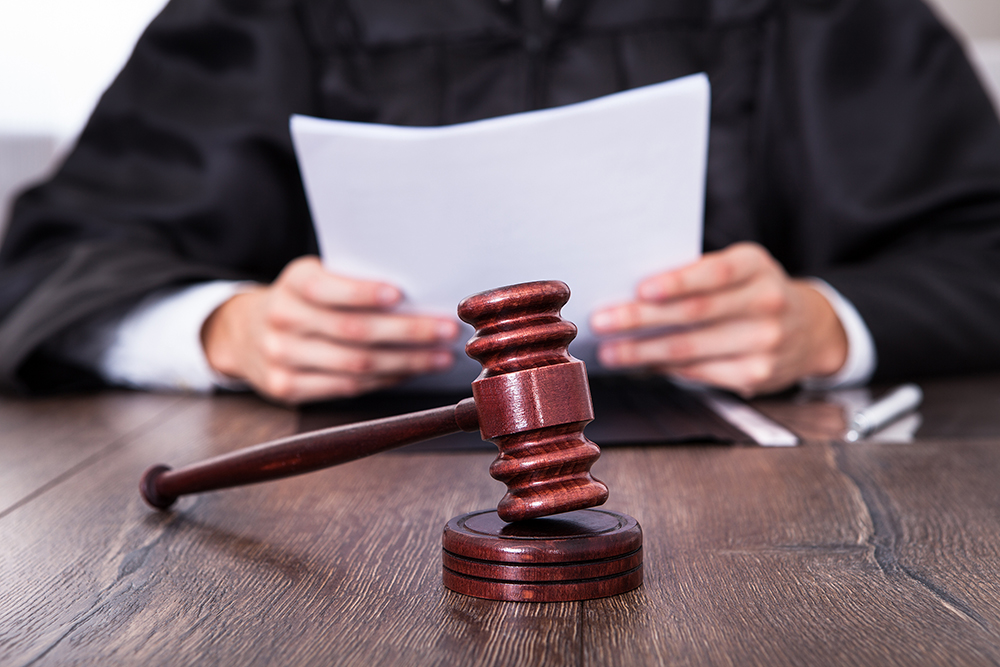What Are Mitigating Factors?

Not all offenses or offenders are the same in the criminal justice system. Judges account for mitigating factors and aggravating factors to determine a sentence’s severity. If you face charges, a criminal defense attorney can help you understand how these variables can influence the outcome of your case. Examples of Mitigating Factors Mitigating factors are […]
Circumstantial Evidence in Convictions

If you face criminal charges, you should understand the types of evidence that may come to light in court. Among these, circumstantial evidence influences many convictions. While it may not directly prove guilt, this evidence can often point to a conclusion that convinces a jury. An experienced criminal defense attorney is your best ally, evaluating […]
Types of Hate Crimes

Hate crimes are severe offenses motivated by bias or prejudice against specific characteristics, such as race, religion or sexual orientation. These crimes are especially damaging because they extend beyond the victim, intimidating entire families or communities. Understanding what constitutes a hate crime is crucial for legal defense. What Is a Hate Crime? Hate crimes reflect […]
What Happens if You Don’t Pay a Parking Ticket?

Ignoring a parking ticket might seem like a minor oversight, but failing to pay can lead to significant legal and financial consequences, including fines and even effects on your credit score. 1. Increased Fines and Penalties While unpaid parking tickets are not criminal violations in California, there are still substantial penalties associated with them. Late […]
California’s Mental Health Diversion Program

In recent years, California has taken significant strides toward integrating mental health considerations into the criminal justice system, acknowledging that some people commit crimes under extenuating circumstances. The state’s mental health diversion program, established under Penal Code 1001.36, offers eligible defendants a chance for rehabilitation rather than direct punitive measures. What Is the Mental Health […]
The Difference Between Assault vs. Battery

Though people outside the legal community tend to conflate the terms “assault” and “battery,” California law defines them as distinct crimes with different implications. Anyone facing these serious accusations must understand what sets these two charges apart. Definitions of Assault and Battery State law defines assault as an unlawful attempt, coupled with a present ability, […]
Jury Trial vs. Bench Trial

Understanding the legal system can be complex for people facing criminal charges, especially when your case goes to court. Having a skilled criminal defense attorney to represent you and explain what to expect is critical, especially when making informed decisions about how to proceed. One of the most impactful choices you and your lawyer will […]
Consequences of Failing to Appear in Court

Showing up to court when summoned for a hearing or trial is a legal requirement, not merely a courtesy. Let’s explore the consequences of failing to appear in court and how a criminal defense attorney can work with you to mitigate the potentially severe repercussions. What Does Failing to Appear Mean? When you do not […]
California’s Stand Your Ground Law

In California, the concept of “stand your ground” provides people with the legal right to defend themselves. Understanding this principle is critical, as it defines when and how you can lawfully protect yourself or others from threats. However, it is not always a viable legal strategy, since California law has several nuances preventing unnecessary violence. […]
